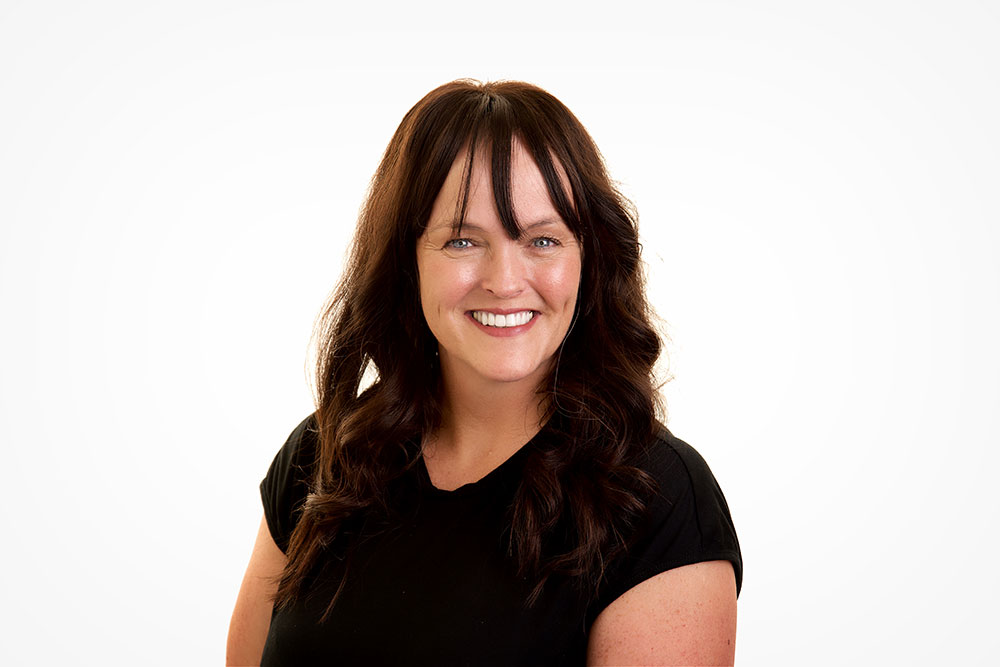12 July 2012
What is the biggest financial issue facing today’s retirees?
What is the biggest financial issue facing today’s retirees? The cost of looking after our elderly has grabbed the headlines recently thanks to the publication of a Government White Paper on social care. But arguably this overlooks an even bigger and more immediate problem – the income squeeze facing hundreds of thousands of retirees every year.
2012 is a tough year to become a pensioner. Economic turmoil has hit the value of pension pots and depressed savings and annuity returns. Fewer people are retiring with more generous final salary benefits. The value of state benefits has been eroded over the years. At the same time, longer lives are stretching pension resources. Many people simply can’t afford to retire and, as the value of their fixed income declines over time, face an ever bleaker financial future.
This reality was highlighted in research commissioned by Just Retirement into consumer attitudes towards housing equity withdrawal. It is the largest study of its kind with more than 300 hours of face-to-face and telephone interviews with homeowners approaching and in retirement.
It found that one-third of people had no private pension and were relying on the State Pension. Retired people, probably because they are more likely to have final salary benefits, had higher incomes than those approaching retirement, between one and five years out, could expect to receive.
Those approaching retirement were also far too optimistic about their income in retirement, predicting around £17,000 a year compared to the average of just £10,000 achieved by those who had recently retired. Only half of those approaching retirement said they expected to be ‘very or quite comfortable’ in retirement, falling to one-third when asked how comfortable they would be in 10 years’ time.
There are good reasons to believe that housing equity withdrawal – in the form of downsizing or equity release plans – is destined to play a much bigger role in people’s financial futures. Nearly eight in 10 people over 55 own their own homes, the majority mortgage-free. It is estimated that homeowners aged 65 and over own nearly £750 billion in unmortgaged property and the Equity Release Council suggests up to £250 billion of that value could be immediately accessible via equity release without people having to move house.
People may have traditionally wanted to leave their homes as part of their inheritance but the study shows this attitude appears to be changing. Those approaching retirement are much less inclined to sacrifice their own lifestyle to leave money when they die. This is not necessarily selfish as adult children are often in a stronger financial position than income-strapped parents, and the survey found that more than half of people would rather gift money while still alive so that they can enjoy seeing their families benefit.
When it comes to care costs, the study found two-thirds of people resented the idea of selling their home to pay care fees. The White Paper proposed councils offer loans to cover care costs, to be repaid after death when the home is sold. Overall, we were disappointed by its failure to make detailed proposals about where the individual’s financial responsibility ends and the state’s begins, a crucial precursor to creating insurance solutions to future care needs.
The billions of pounds tied up in retiree’s homes will certainly be part of the solution to helping our ageing population have decent lives in retirement. It is for the individual rather than a government to decide how to deploy that wealth, whether their real need for an income boost in retirement takes precedence over the possibility of needing to pay care fees later on.
The picture painted by our research is that many of these modern ‘income poor, asset rich’ retirees will be looking for ways to maintain an acceptable lifestyle many years before they need to worry about care home fees which, in turn, may be better met with insurance-based solutions paid for during a working life.
As people move into retirement they need options and solutions that balance their immediate needs with some flexibility about what the future may bring. In our study, we have urged the government to work with the financial services industry, local government and the third sector to increase awareness and understanding of people from the age of 50 of their financial choices.
There are about 10 million people aged over 65 in the UK and our study suggests 8 per cent of those who own homes may be immediately interested in equity release. Many know little or nothing about it. There is huge potential for financial planners to make sure that intelligent housing equity withdrawal strategies are on the planning checklist early in retirement, giving people the option to consider for themselves how to find the optimum balance between income, inheritance and care costs.
For more go to www.ERresearchcentre.org



